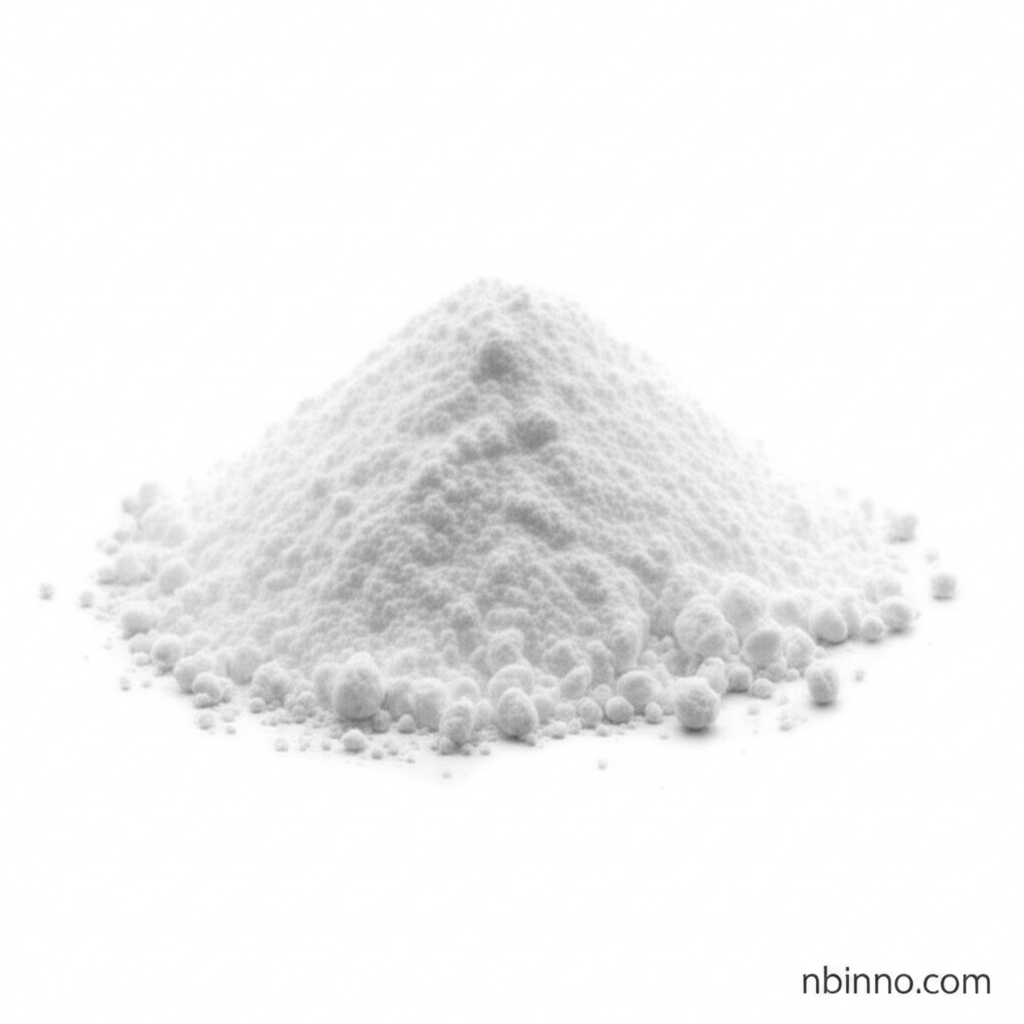Procaine Hydrochloride: Your Guide to Local Anesthesia
Discover the history, uses, and science behind this foundational local anesthetic.
Get a Quote & SampleProduct Core Value

Procaine Hydrochloride
Procaine Hydrochloride is a crucial pharmaceutical compound renowned for its efficacy as a local anesthetic. It was synthesized to offer a safer alternative to cocaine and has played a significant role in pain management across various medical fields, particularly in dentistry. Its mechanism as a sodium channel blocker ensures targeted pain relief, making it a valuable agent in procedures requiring localized numbness.
- Exploring the procurement process for procaine hydrochloride can lead to competitive pricing.
- Understanding procaine hydrochloride synthesis pathways is key for quality control in production.
- The historical context of procaine hydrochloride highlights its importance in the evolution of pain management.
- Procaine hydrochloride, a local anesthetic, offers reliable pain reduction during surgical procedures.
Key Advantages
Historical Significance
As the first major synthetic substitute for cocaine in local anesthesia, Procaine Hydrochloride has a rich history. Learning about its procaine hydrochloride synthesis showcases early pharmaceutical innovation.
Effective Local Anesthesia
Procaine Hydrochloride is widely recognized for its effectiveness in providing temporary loss of sensation, a critical factor in procaine hydrochloride dental anesthesia and other medical applications.
Pharmaceutical Intermediate Role
Its role as a pharmaceutical intermediate is vital. Understanding the procaine hydrochloride uses beyond direct anesthetic application can open new avenues for research and development.
Key Applications
Dental Procedures
Procaine Hydrochloride's primary application has historically been in dentistry for numbing the area around teeth, a core aspect of procaine hydrochloride local anesthetic treatments.
Nerve Block Anesthesia
It is effectively used for nerve block anesthesia, where injecting it near specific nerves blocks sensation in a larger area, a key part of understanding its procaine hydrochloride uses.
Minor Surgical Procedures
The compound is valuable for minor surgical procedures, offering localized pain relief and contributing to the overall discussion on procaine hydrochloride side effects and safety.
Pain Management
Beyond specific procedures, Procaine Hydrochloride contributes to broader pain management strategies, underscoring the importance of researching its procaine hydrochloride pharmaceutical intermediate applications.
